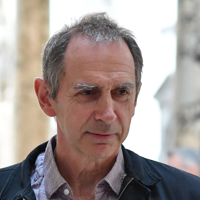Empowering engineers with the skillsets to address the challenges created by climate change requires adapting both the technological and philosophical frameworks used in engineering education. This goal has been the subject of the Royal Academy of Engineering's Engineers 2030 project, which aims to determine the foundational knowledge, skills and behaviours needed by engineers and technicians to meet 21st century global challenges and to understand the systems, cultures and policies currently in place in the UK to deliver this.
Programme*
| Time stamp 0:00 |
Welcome Dr Nick Starkey, Director, Policy and International, Royal Academy of Engineering |
| Time stamp 6:00 |
Keynote address: Rethinking Engineering and Technology Skills for a world in which both people and planet can thrive Professor Sir Jim McDonald GBE FREng FRSE, President, Royal Academy of Engineering |
|
Session one: Change starts with education Chair: Professor Tim Ibell FREng, Professor and Dean, Faculty of Engineering and Design Centre for Climate Adaptation and Environment Research (CAER), University of Bath |
|
| Time stamp 38:25 |
Keynote address Kayley Thacker, 3rd Year Chemical Engineering Student, University of Birmingham |
| Time stamp 59:20 |
Change can only happen if educators are ready to deliver: Launch of a Re-imagined Degree Map and Sustainability Toolkit Emma Crichton, Innovation Director, Engineers without Borders UK Professor Sarah Hitt, CTT Transferable Skills Lead, New Model Institute for Technology and Engineering (NMITE) |
| Time stamp 1:30:42 |
Degree map panel discussion followed by a Q&A Chair: Professor Tim Ibell FREng Speakers:
|
|
Session Two: A Vision and Principles for Engineers 2030 Chair: Professor Jarka Glassey FREng, Professor of Chemical Engineering Education, Newcastle University |
|
| Time stamp 4:55 |
Keynote address Jade Kimpton, IET Young Woman Engineer Mary George Apprentice 2023, Apprentice Substation Engineer, National Grid |
| Time stamp 20:46 |
Engineers 2030 - an introduction Andrew Churchill OBE FREng, Chair, Engineers 2030 working group and Chairman, JJ Churchill Ltd |
| Time stamp 39:00 |
Engineers 2030 panel discussion followed by a Q&A Chair: Professor Jarka Glassey FREng Speakers:
|
| Time stamp 1:38:52 |
Closing remarks
|
*time stamps approximate
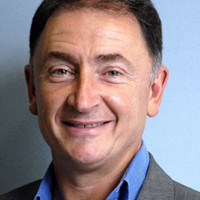
Professor Sir Jim McDonald GBE FREng FRSE
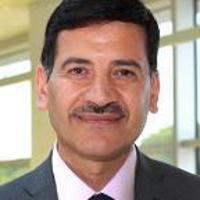
Professor Bashir Al-Hashimi CBE FREng FRS
Professor Kay Bond

Dr Alice Bunn OBE
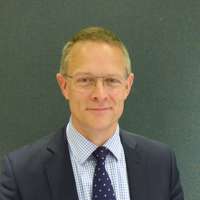
Andrew Churchill OBE FREng
John Cope
Emma Crichton
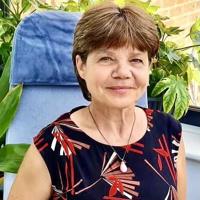
Professor Jarka Glassey FREng
Professor Jarmila (Jarka) Glassey FREng and Chair of the Skills for Safety programme board Professor of Chemical Engineering Education, Newcastle University Professor Jarmila (Jarka) Glassey is a highly accomplished engineer who has contributed very significantly to bio-chemical research and teaching, with demonstrated translation of her research into industrial application. Jarka has contributed substantially to the development of the chemical engineering faculty at Newcastle University. Jarka has also played a major role with the Institution of Chemical Engineers as the immediate past Vice President of the Learned Society, Executive officer of the Education and Accreditation Forum and the Editor-in-Chief of Education for Chemical Engineers, having led the Institution's journal to its first Impact Factor and a top three position in engineering education. Jarka has played a major international role in furthering the influence of UK biochemical engineering education.
Dr Sarah Jayne Hitt

Professor Tim Ibell FREng
Hiba Khan
Jade Kimpton
Manoelle Lepoutre
Professor John Mitchell

Julian Perkins
Paul Skerry
Kayley Thacker
Gary Wicks
